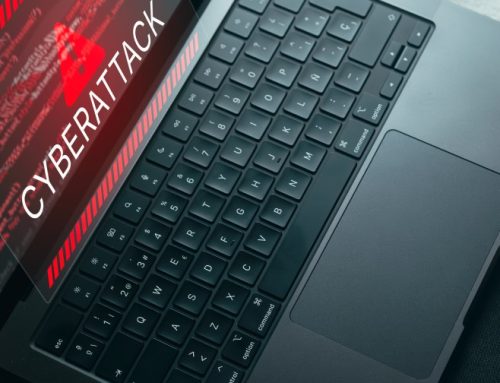The security of your business’s sensitive information hinges significantly on the strength of passwords. With the rise of cyber threats such as hacking, phishing, and data breaches, strong passwords serve as the first line of defense against unauthorized access. Weak or easily guessable passwords can be quickly compromised, giving malicious actors access to critical business data, client information, and financial records. By enforcing the use of strong, unique passwords that incorporate a mix of characters and avoiding common words or predictable sequences, businesses can significantly reduce the risk of cyberattacks, thereby protecting their data and maintaining operational integrity.
Furthermore, the implications of compromised passwords extend far beyond inconvenience. A single breached account can serve as an entry point for cybercriminals to infiltrate your entire corporate network, potentially leading to substantial data breaches, financial loss, and severe reputational damage. For businesses, the consequences of such breaches can include costly fines, legal repercussions, and a loss of client trust, which can be devastating in competitive markets. Therefore, fostering a culture of robust password practices among employees is not just a security measure, but a crucial strategy for safeguarding your business’s assets and ensuring its long-term success and resilience.
1. Use a Long Password
The longer the password, the harder it is to crack. Aim for at least 12-16 characters. Longer passwords are exponentially more difficult for brute-force attacks to succeed against.
2. Mix Characters
Incorporate a variety of character types: uppercase letters, lowercase letters, numbers, and special symbols. This complexity makes it significantly harder for attackers to guess your password.
3. Avoid Common Words and Phrases
Using common words, phrases, or predictable sequences (like “password123”) makes your password easy to guess. Avoid using personal information like names, birthdays, or common words.
4. Use a Passphrase
A passphrase is a sequence of random words or a sentence that is easy for you to remember but hard for others to guess. For example, “CorrectHorseBatteryStaple” is a strong passphrase.
5. Unique Passwords for Different Accounts
Never reuse passwords across multiple sites. If one site gets compromised, your other accounts remain safe.
6. Enable Two-Factor Authentication (2FA)
Two-Factor Authentication adds an extra layer of security by requiring a second form of verification, such as a text message or authentication app, in addition to your password.
7. Regularly Update Your Passwords
Change your passwords periodically, especially for critical accounts like email and banking. This reduces the risk if your password is compromised without your knowledge.
8. Avoid Password Sharing
Never share your passwords with others. If you must share access, use secure methods like temporary access or permissions.
9. Use a Password Manager
Password managers generate, store, and manage your passwords securely, so you don’t have to remember all of them. They also help you create strong, unique passwords for each of your accounts.
10. Beware of Phishing
Be cautious of emails, messages, or websites that ask for your password. Phishing attacks often trick users into giving away their credentials.
11. Monitor for Breaches
Regularly check if your accounts have been part of a data breach using services like Have I Been Pwned. If your account is compromised, change your passwords immediately.
12. Log Out When Done
Always log out from websites when you’re done, especially on shared or public computers. This prevents unauthorized access to your accounts.











